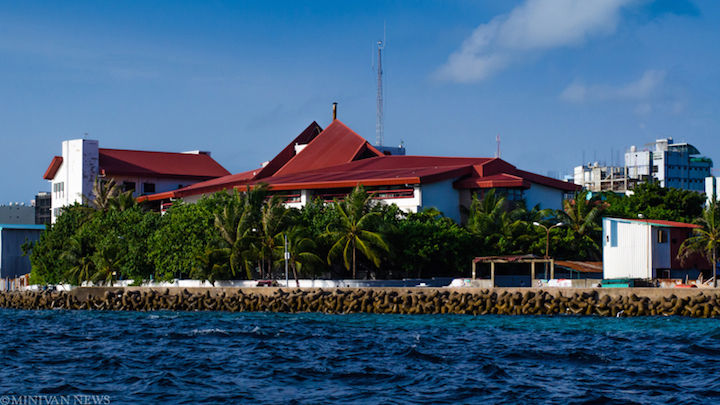Two Maldivians test positive for Zika
Two Maldivians have tested positive for the Zika virus since the authorities began a surveillance programme to determine if the mosquito-borne virus is spreading in the country.

17 Dec 2016, 9:00 AM
Two Maldivians have tested positive for the Zika virus since the authorities began a surveillance programme to determine if the mosquito-borne disease is spreading in the country, the Health Protection Agency said Friday night.
Some 517 Maldivians have been tested so far, the HPA said in a statement, but did not reveal details of the first cases of locals infected with Zika.
The government-run tertiary hospital in Malé began testing fever patients in October after two European tourists who visited the Maldives earlier this year tested positive for the virus.
The HPA previously said the virus infection was detected after they left the country but was “possibly acquired in Maldives,” prompting a warning from the World Health Organisation of “possible endemic transmission.”
If infected with the virus, pregnant women could be at risk of giving birth to babies with a deformation called microcephaly, which leads to abnormally small brains and heads.
Thailand is the only country in the region where microcephaly caused by Zika has been detected so far.
The announcement by Thailand’s health ministry in October prompted fears that it could affect the country’s vital tourism sector. Many governments have advised pregnant women against travel to Zika-affected areas.
A small number of people infected with Zika are also at risk of developing the Guillain-Barré syndrome, a potentially serious condition that affects the nervous system. But the vast majority of people who catch Zika recover without exhibiting symptoms and realising they were infected.
Zika’s symptoms can include a rash, fever, body aches, and red eye that last for several days. There is currently no cure or vaccine for the virus and diagnostic testing is difficult.
It is spread by the same mosquito that also carries dengue and chikungunya virus and research has also shown that in rare cases Zika can be spread by a man to his sexual partners.
The Maldivian authorities meanwhile strengthened surveillance and preventive measures in February after the WHO declared an outbreak in Latin America a public health emergency of international concern.
The measures include “enhanced vector control programmes, development of a surveillance system, and the establishment of laboratory testing facility,” according to the HPA.
Nationwide efforts to control mosquito breeding with fogging and eliminating breeding sites are also ongoing.
Share the story

